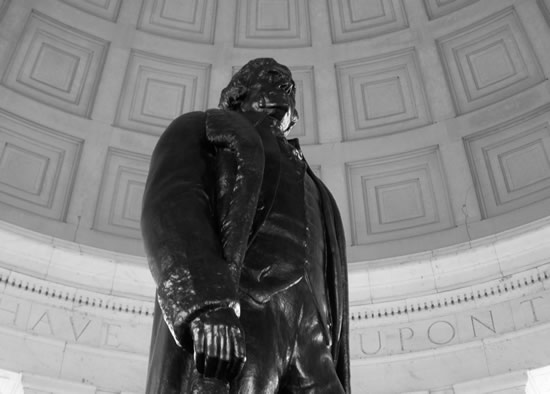How Can America Be Just If It Didn’t Abolish Slavery Right Away?
Julia Shaw /
On this December 6, 1865, the 13th Amendment was adopted and slavery was abolished. There has always been intense debate about the existence of slavery in American history, precisely because it raises questions about this nation’s dedication to liberty and human equality. At the time of the Founding, there were about half a million slaves in the United States, mostly in the five southernmost states, where these individuals made up 40 percent of the population.
From the outset, the Constitution contained three key compromises on enumeration, the slave trade, and fugitive slaves. But this raises the question: If slavery was contrary to the principles of the American Founding, why didn’t the Framers ban slavery in the Constitution when they drafted it?
The Founders recognized that slavery blatantly contradicted America’s dedication to liberty and equal rights. But they also recognized that if their new country was to survive, they would have to form a strong union and that the Southern states would never ratify a constitution that abolished slavery. The Founders therefore had to refrain from immediately abolishing slavery. This compromise allowed for the immediate survival of the union while setting in motion the eventual eradication of slavery.
In countless writings, both public and private, the Founders made clear that they found slavery abhorrent and wished for it be eradicated. More importantly, they took many actions to curtail its expansion and eliminate it in certain places.
The Northwest Ordinance, one of Congress’s very first laws, banned slavery and the slave trade in America’s first territory. President Thomas Jefferson signed a national ban on the slave trade on January 1, 1808—the first day after the Constitution’s 20-year ban on prohibiting the slave trade expired.
The opposition to slavery was not confined to the federal government. By 1821, slavery had been fully abolished by half the states in the union.
This question was reprinted from the new First Principles page at Heritage.org. For more answers to frequently asked questions, visit http://www.heritage.org/Initiatives/First-Principles/basics.

